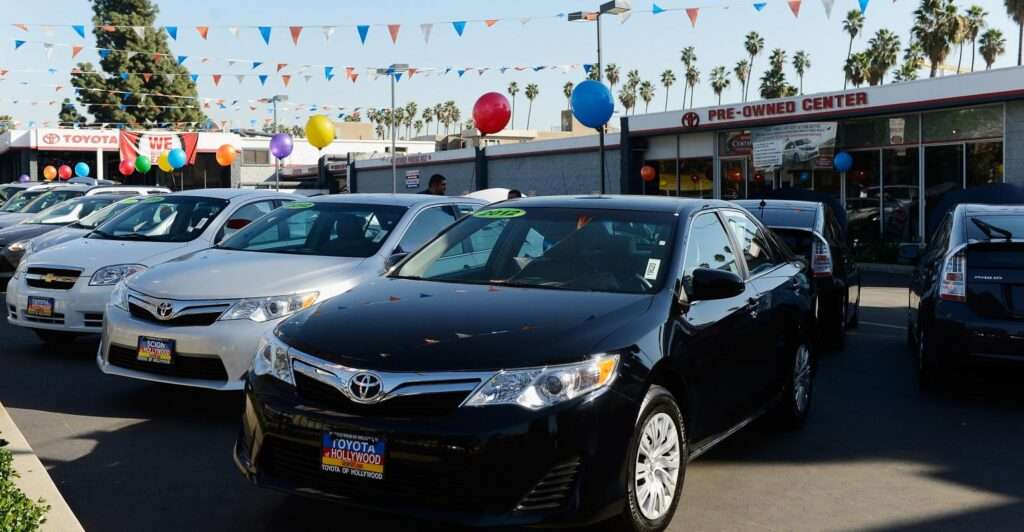The continued operational disruptions to vehicle producers in South Africa will increasingly weigh on new vehicle sales in sub-Saharan Africa (SSA).
The extent of this decline is evident in the fact that vehicle kits assembled in some markets such as Kenya and Ghana are sourced from South Africa along with new completely built vehicles.
“We believe the recent floods in KwaZulu-Natal (KZN), the increased expectation for additional power cuts for South Africa and China’s ‘Zero-Covid’ policy will all weigh on the country’s vehicle output in 2022.”
Fitch Solutions
This is because the global automotive supply chain is already fragile as a result of the global pandemic. This, when taking into account shows the impact of KZN floods on South Africa’s rail and port infrastructure, it becomes clear that automakers struggle to get components into, and completed vehicles out of the country.
Fitch forecasts vehicle output in South Africa will expand by 4.6 per cent in 2022, down from our previous forecast of a 13.8 per cent expansion. For the continent, Fitch expects vehicle sales to remain robust in 2022, outperformed by only the Middle East and North Africa (MENA) region.
The robust growth in SSA outlook stems from some countries benefiting from the higher oil price (such as Angola, Gabon and Cameroon) while other markets such as South Africa, Kenya and Tanzania will see support coming from rise in demand and the return of tourists.
“We forecast that the SSA region’s vehicle sales will increase by 9.5 per cent in 2022, following an estimated contraction of 23.5 per cent in 2020 and a 12 per cent rebound in 2021, to reach an annual sales volume of just under 1million units.”
Fitch

Breaking down our 2022 forecast, it is anticipated that passenger vehicle sales to increase by 11.4 per cent and commercial vehicle sales to expand by 6.5 per cent.
That said, Fitch noted that the supply chain disruption in South Africa (a key supplier of new vehicles to the SSA region) will increasingly weigh on vehicle sales. In addition to this, the rising inflation will erode consumer demand for vehicles, in particular, entry-level and used vehicle demand.
Weakening Economic Growth a Risk for SSA Autos
After a strong recovery from the Covid-19 pandemic in 2021, economic growth in most of the main SSA markets is losing momentum. Forecasts show that SSA’s real GDP growth will slow from 4.3% in 2021 to 3.1% in 2022 as supply-side price pressures remain elevated and demand from China weakens.
The rally in global grain and energy prices since Russia’s invasion of Ukraine is fuelling inflation in SSA, which is forecast to accelerate from an annual average of 7.8 per cent in 2021 to 8.6 per cent in 2022. This will raise costs for firms and weigh on household purchasing power.
Fitch also expects that South African growth will slow sharply from 5.0 per cent in 2021 to just 1.7 per cent in 2022, further weighing on the regional outlook.
Rising inflation (5.9% in April 2022) and a hawkish South African Reserve Bank, which is expected to hike its repo rate by a total of 225 basis points over 2022, will weigh on consumer and business confidence.
While the headwinds to vehicle sales in South Africa continue to rise, the combination of rising demand, increased wealth creation from government spending during the pandemic and the return of tourists will drive vehicle sales growth in 2022.
In South Africa, forecasts show total vehicle sales expanding by 11.1 per cent in 2022 to reach an annual sales volume of just under 516,000 units, up from 464,133 units sold in 2021.
READ ALSO: Arise Ghana Demo: Those Demonstrators are Human Beings Like us- IGP to Police



















